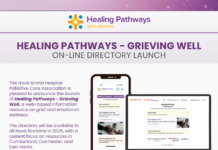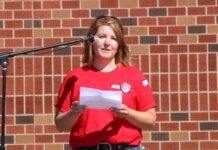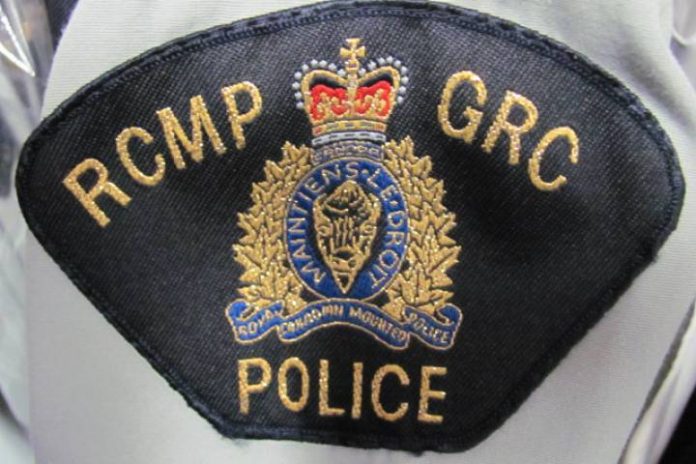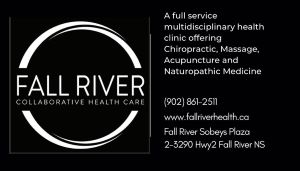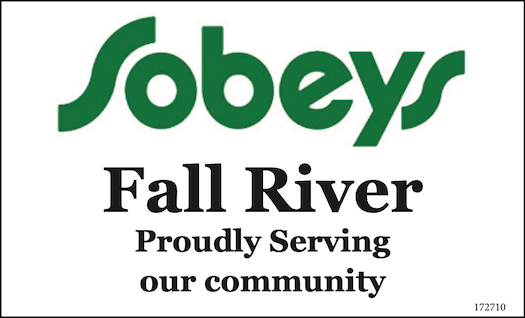DARTMOUTH: To inform an apology the Nova Scotia RCMP will be making to African Nova Scotians and all people of African descent for the harm caused by the historical use of street checks and for other interactions that have had a negative impact on the community, community consultation sessions are being held across the province.
The first took place on Sept. 18 in Gibson Woods.
“I know this apology is long overdue. And I acknowledge a lot of work needs to be done to start to rebuild the fractured relationship with the community,” said Assistant Commissioner Dennis Daley, Commanding Officer of the Nova Scotia RCMP.
“That’s why it’s especially important we hear from those who will be affected by the apology; we need to get the apology right and pursue systemic change.”
ADVERTISEMENT:
The 14 consultations, which were recommended by a steering committee struck to move the apology work forward, are being organized in African Nova Scotian communities.
The sessions, which will also inform an action plan that will follow the apology, are being hosted by local residents and attended by members of the Nova Scotia RCMP’s senior leadership team.
“To ensure the upcoming apology – and the actions that follow – are meaningful, I’ve established a steering committee to provide guidance and support,” says A/Comm. Daley.
“The members’ expertise and leadership will help us reconcile with the Black community, with the hope of building back trust.”
ADVERTISEMENT:
In addition to RCMP employees, the committee’s membership is comprised of community leaders, including:
- Rev. Dr. Lennett Anderson
- Elizabeth Cooke-Sumbu
- Andrea Davis
- Louise Delisle
- Vanessa Fells
- Alexander Fraser
- Rose Fraser
- Craig Gibson
- Russell Grosse
- Deacon Catherine Hartling
- DeRico Symonds
ADVERTISEMENT:- “Nova Scotia is steeped in a remarkable Black history that spans many centuries; it’s through this lens that we’ve begun the process of collaboration with senior RCMP leadership to help build a meaningful response to the practice of street checks and the development of an action plan,” said steering committee member Rev. Dr. Lennett Anderson.
- “We as Community understand the contention surrounding the issue and play a dual role in this work.”
The apology and subsequent action plan will be drafted when the community consultations conclude in November; it’s expected the apology will be delivered in 2024.
Video: Consultations in African Nova Scotian communities – YouTube








